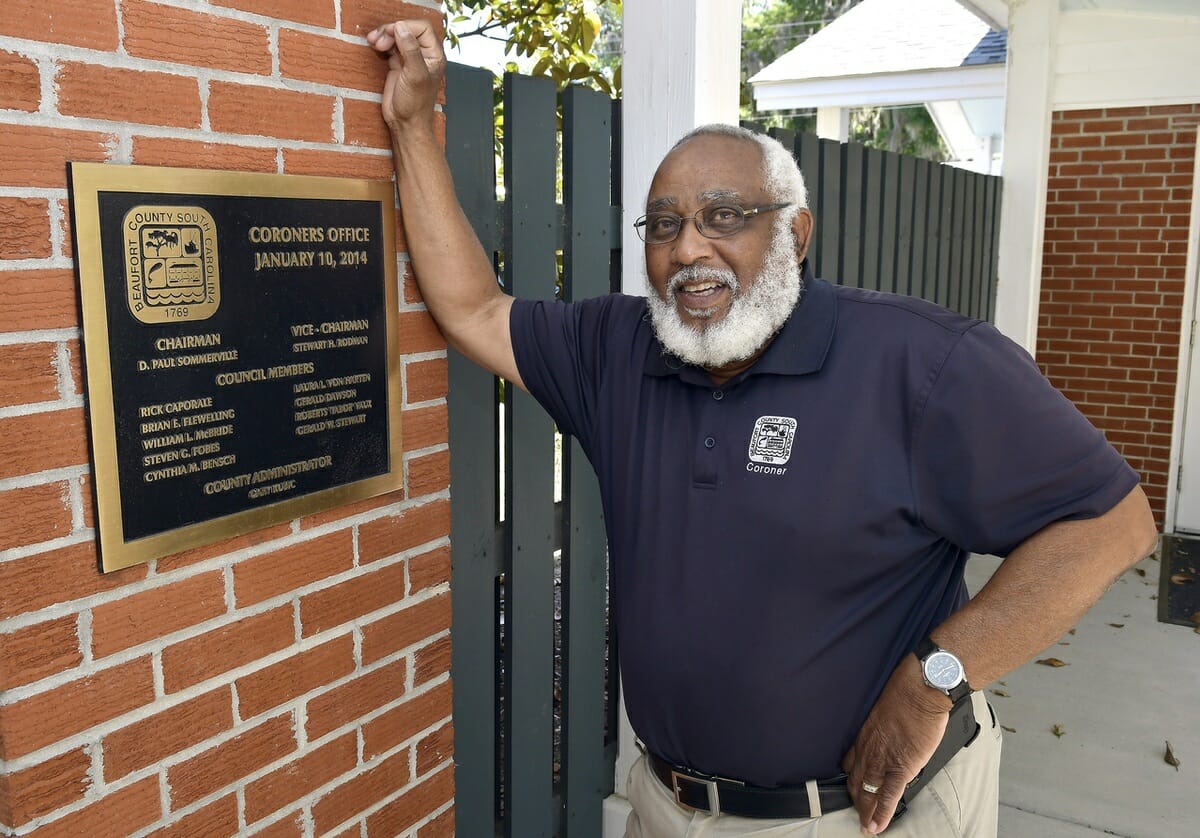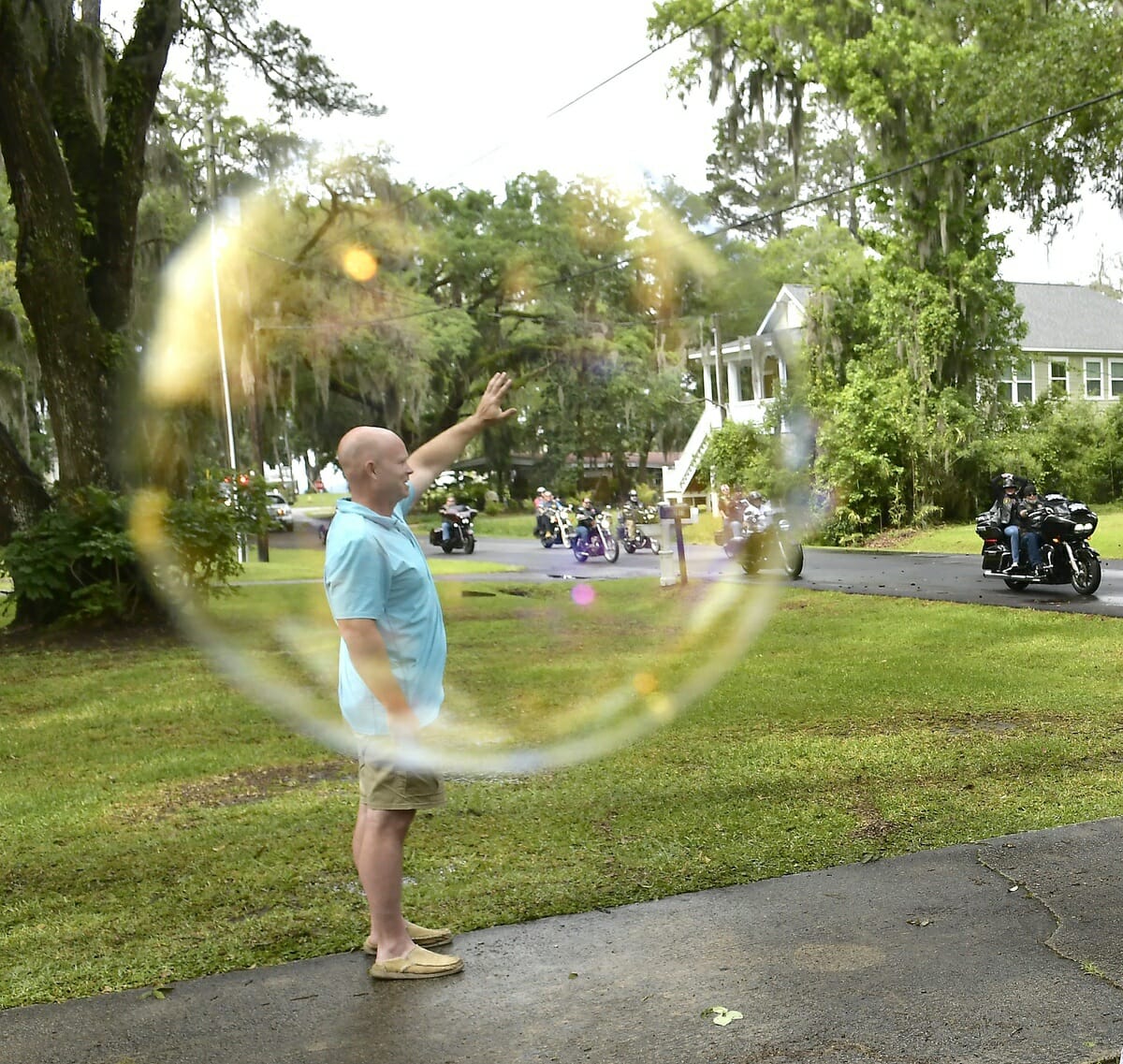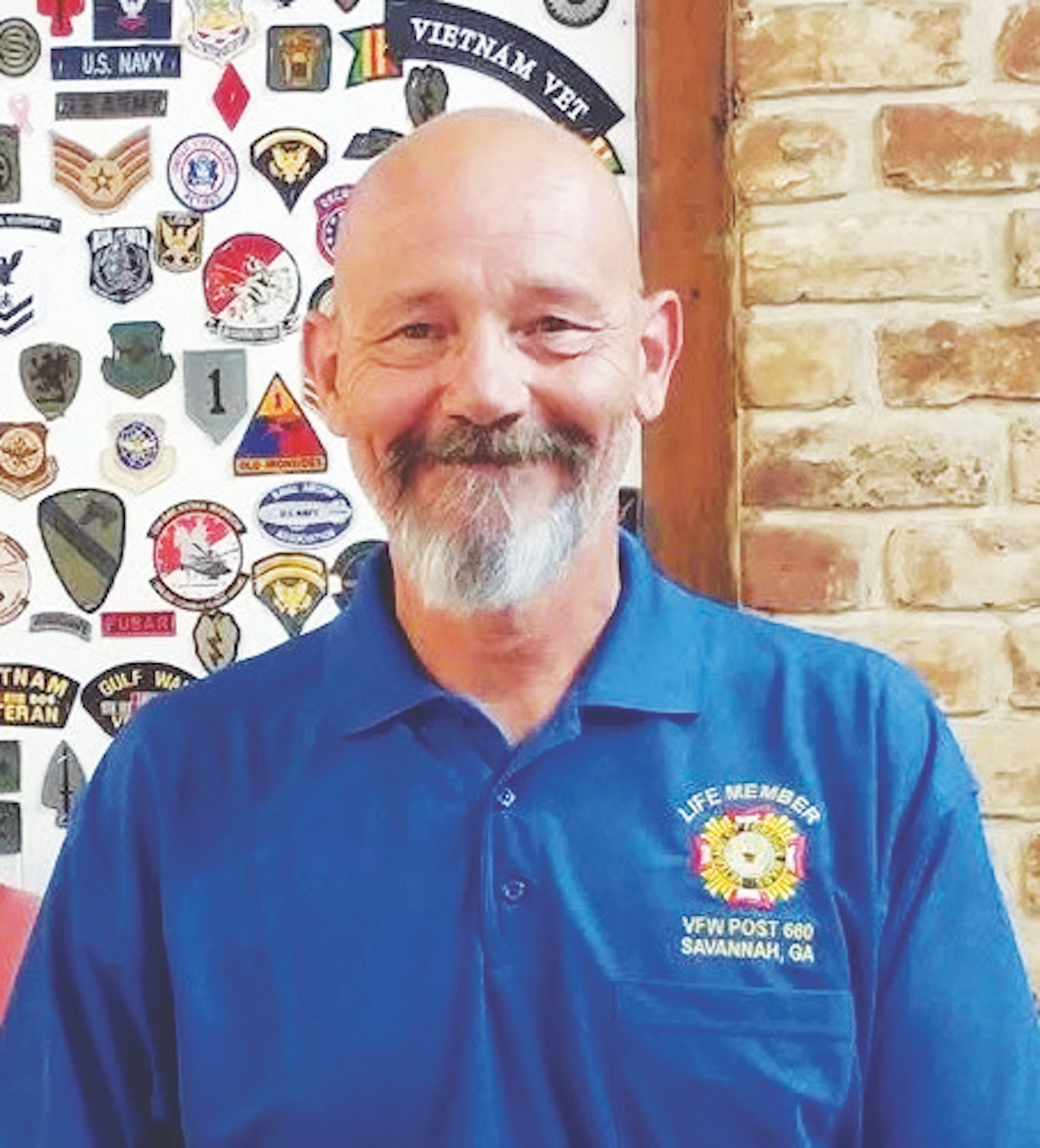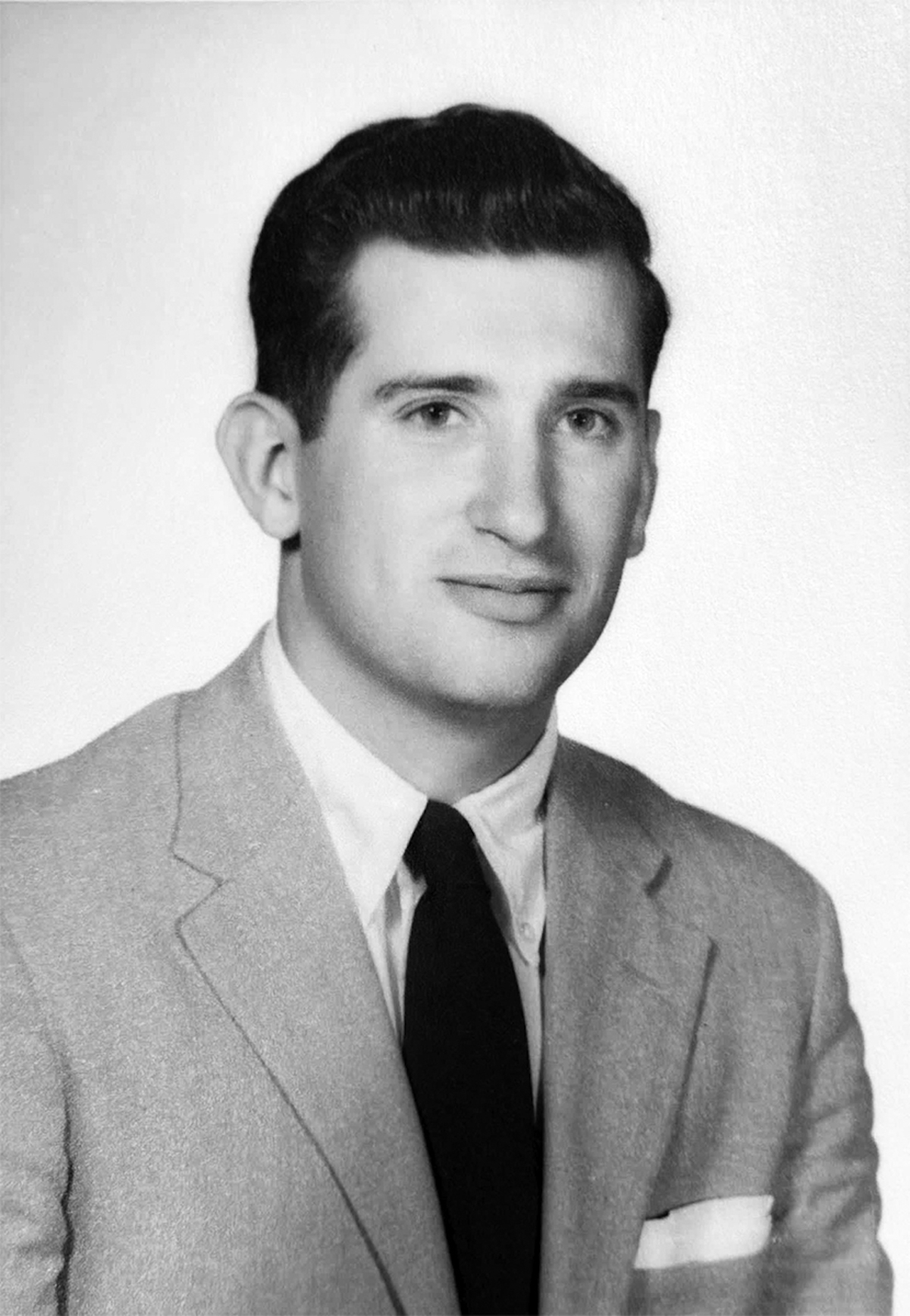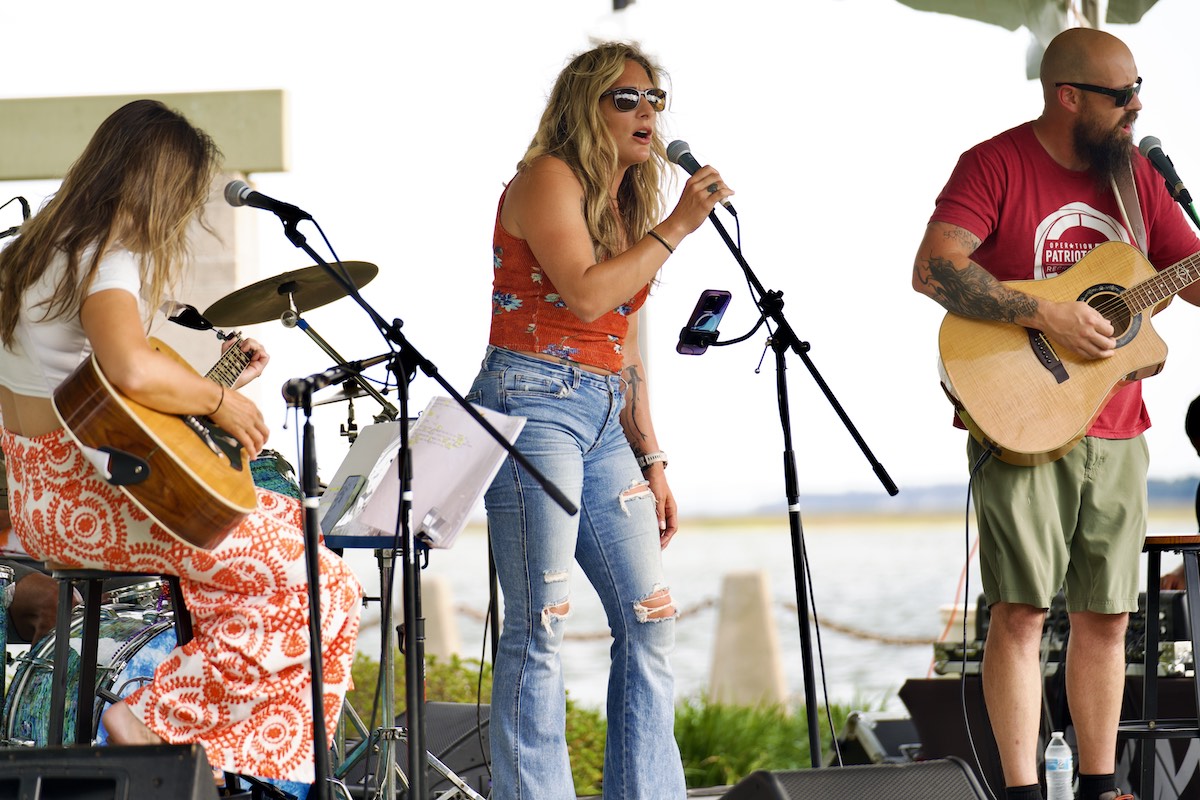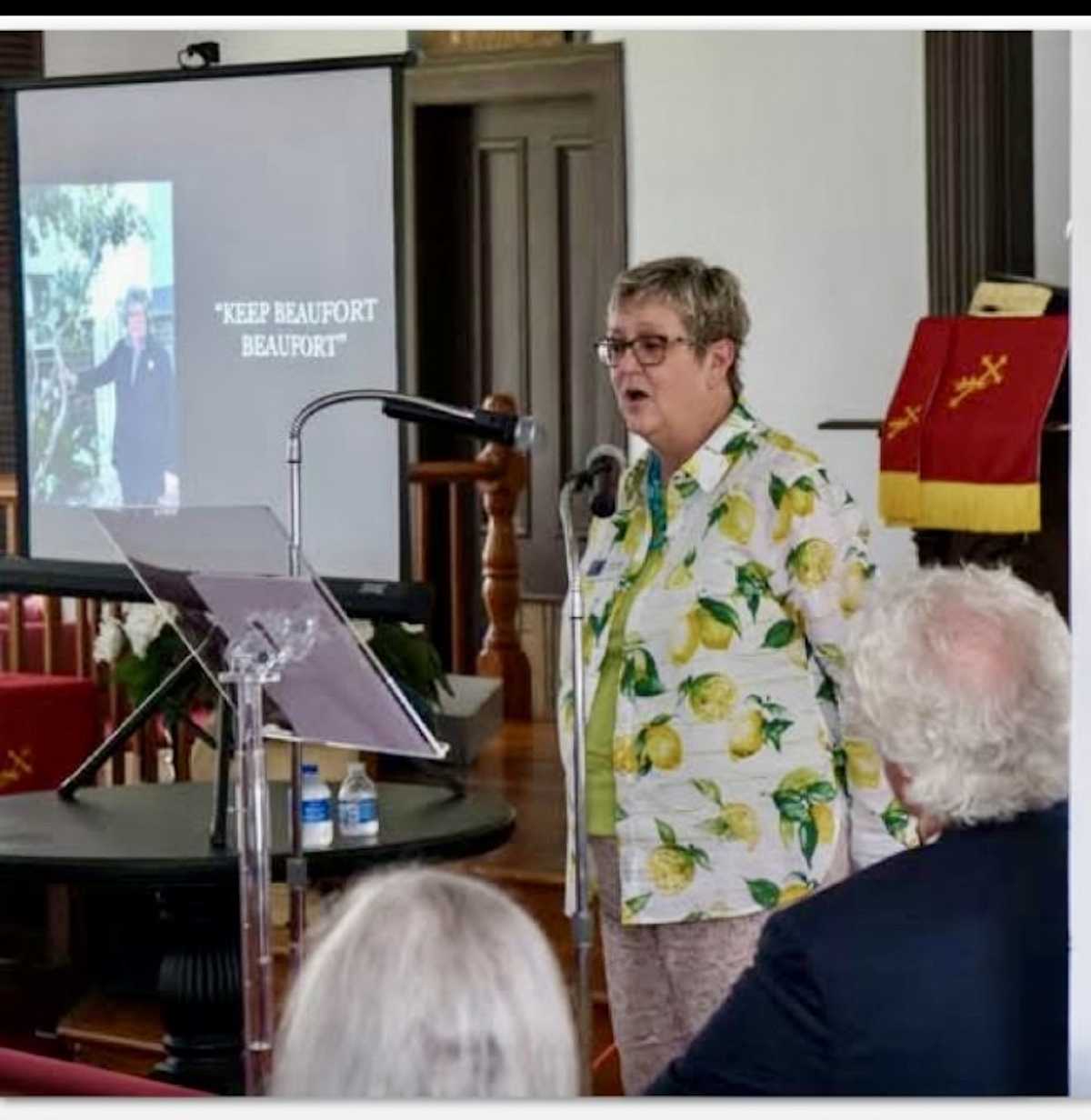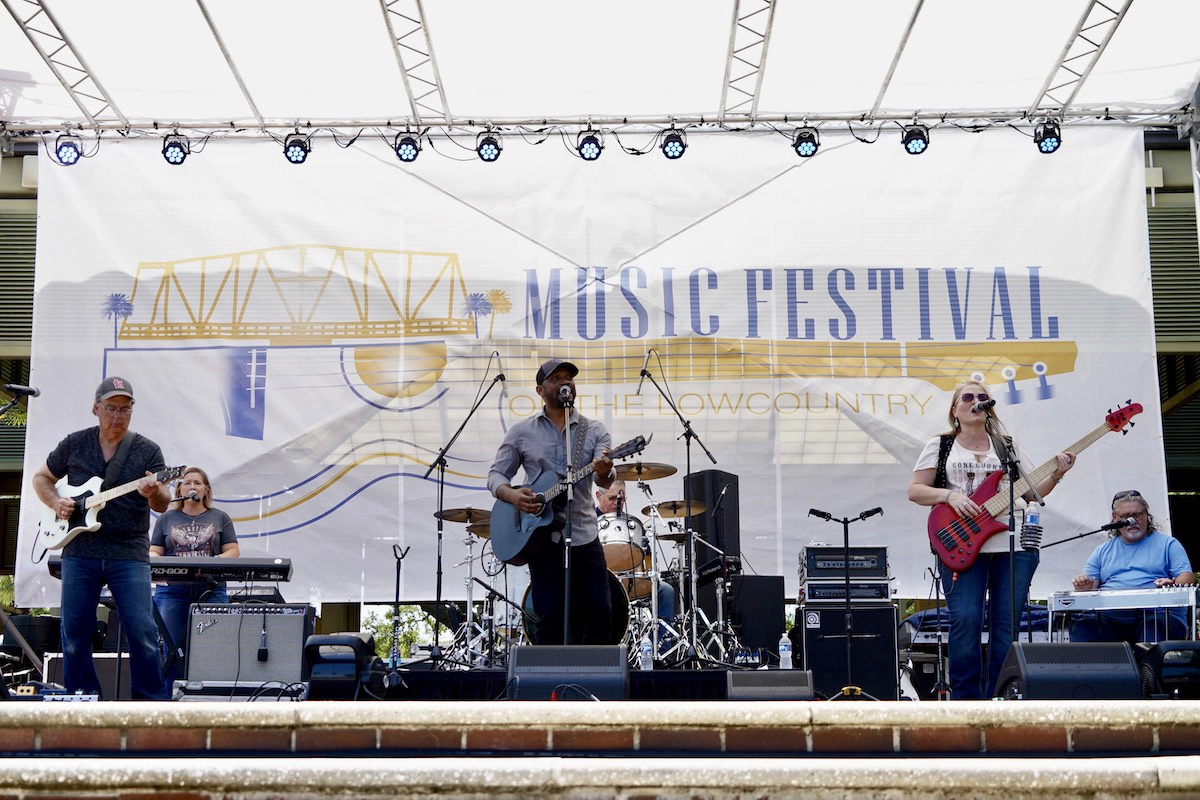Longtime Beaufort County Coroner set to retire
By Mindy Lucas
For 12 years, Beaufort County Coroner J. Edward Allen, or “Ed” to most who know him, has stood watch over the deceased – longer, if you consider the 33 years he served as the county’s Director of Emergency Medical Services during which he also served as deputy county coroner for much of that time.
From those who have perished suddenly or unexpectedly, to those who have died from violence or at the hands of someone they knew, Allen has presided over their cases, having once said that coroners served as the voice for the dead.
But ironically, as he will also tell you, the role of coroner is as much about the living as it is about the dead.
“You try and approach every call first, respecting the decedent, but also having compassion for the survivors,” Allen said recently from his office in Port Royal.
It’s a role that requires a high level of commitment and mental fortitude, and, as Allen said last week, it’s a role he’s ready to step down from.
“My wife, my three children and my six grandchildren have said, ‘Poppy, it’s time to come home,’” he said smiling.
Allen, 71, plans to officially retire at the end of this year.
In the meantime, Allen’s contributions – from creating the county’s first emergency medical services department to expanding the coroner’s office – won’t soon be forgotten in Beaufort County.
Serving the community
Born and raised in Beaufort, Allen attended Robert Smalls High School before leaving home in 1967 to attend Xavier University of Louisiana, in New Orleans. He was a pharmacy major before transferring to the Cincinnati College of Mortuary Science, in Cincinnati, Ohio.
After he returned home in 1972, he worked as a pharmacy technician and became director of transportation for Beaufort-Jasper Comprehensive Health Service’s ambulance service. He went on to become certified as an emergency medical technician, an EMT instructor and as a paramedic.
In 1972, Beaufort Technical College, as the Technical College of the Lowcountry was known then, launched a basic emergency medical technician pilot program. After completing the program, Allen became certified as an instructor for the same program and taught at the technical college for several years.
After funeral homes left the ambulance service in 1974, Allen was hired to serve as director of the county’s first emergency medical services (EMS) department, becoming the first black EMS director in South Carolina, North Carolina, Georgia and Florida. Allen was charged with setting up the department and hiring all of its personnel.
Even though EMS is a separate department from the coroner’s office, Allen became a deputy coroner in 1980, providing then coroner Curt Copeland with additional support.
“At that time, the coroner’s office was really a one-person operation,” he said, remembering when the office purchased its first van to transport bodies.
“This was the first time the county had a functioning coroner’s office,” he said.
Building a department
For years the coroner’s office was housed in a cramped former FEMA trailer in Burton.
There was no morgue – bodies were stored at Beaufort Memorial Hospital or Hilton Head Hospital – and hardly any office space for the office’s growing staff or records.
That all changed in 2014, after the coroner’s office moved into the former Department of Disabilities and Special Needs building on Old Shell Road in Port Royal.
The 6,300-square-foot completely renovated building now houses a morgue, office space for its four-person staff and team of transporters and various other county offices such as the victims assistance.
As Allen will tell you, the role of the coroner is to determine the cause of any death not obviously due to natural causes. But what many may not realize is the coroner’s office is also responsible for performing independent investigations into traumatic deaths, deaths that occur outside of hospitals and deaths that occur “suddenly or unexpectedly.”
The coroner’s office also routinely sends off toxicology reports to an independent lab it works with. Reports can take as much as eight weeks to get back, but thanks to the popularity of forensics or criminal investigation TV shows, people often think Allen and his staff should have everything wrapped up in thirty minutes or less.
“In reality it doesn’t work like that,” he said.
The biggest challenge the department has faced in recent years has been a growing Beaufort County, which also has a larger population of older residents.
When Allen became coroner in 2008, the coroner’s office responded to 896 deaths. By contrast, the office responded to 1,447 deaths, just last year. Based on the numbers through the end of March, Allen said he expects that number to exceed 2019’s numbers.
Expanding services and adding staff and resources to accommodate the county’s growth can be largely attributed to Allen, Chief Deputy Coroner David Ott said.
“This place has changed big time since he’s been the coroner,” said Ott, who has worked with Allen for 12 years. Coroners from across South Carolina have come to see how the office is set up.
“We have one of the most prized coroner’s offices in the state,” he said.
A former Beaufort County Sheriff’s Office investigator, Ott will be running for Allen’s vacated seat this fall, with Allen’s endorsement.
Of Allen, Ott says his boss has been “a very good leader and teacher to the entire staff.”
“It’s been a wonderful time to serve by his side,” he said.
Obtaining space for a morgue was one of Allen’s goals which he accomplished when moving to the new facility. Finding ground for a pauper’s cemetery is another though that effort is still in the works. To date, the county has 58 unclaimed bodies.
Asked what the hardest part of the job is, Allen will tell you without hesitation it is dealing with the bodies of children. For that the soft spoken Allen had no words.
And sometimes the deceased is someone he or his staff knows.
“Beaufort County is still small in nature,” he said. “So many of the people we call upon we know either personally or we know someone in the family.”
One memory that stands out above all others is the call he received after Hurricane Matthew in 2016.
A number of bodies had floated up out of caskets or grave sites from a nearby cemetery on a swollen Chowan Creek. Allen rode out by air boat with Beaufort Water Search and Rescue to help identify the bodies and, in some cases, take custody of those that could not be immediately identified.
“We had caskets that floated from St. Helena Island to Hilton Head,” he said. “So it wasn’t just in one portion of the county.”
The first casket he came to contained someone he had known, Allen said. All together they would recover 26 bodies during that time.
To get through tough times like the flooding incident, they frequently check in on each other or will sometimes call each other after someone has responded to a call.
“We’re like a family here,” he said.
And it also doesn’t hurt that his wife, Andrea, is a retired mental health professional.
Family is something that’s particularly important to him, said longtime colleague, Janet Horton, who described Allen as “a great boss.”
An administrative deputy coroner, Horton said Allen asks about hers every day.
“He’s definitely a community person,” she added. “He cares about people.”
It’s a job that comes with a high degree of commitment, but for the soon-to-be retired Allen it’s something he says has been rewarding.
“I can honestly say I’ve never had a day that I did not want to come to work. …,” he said. “This is something you have to be dedicated to.”


